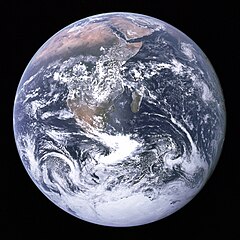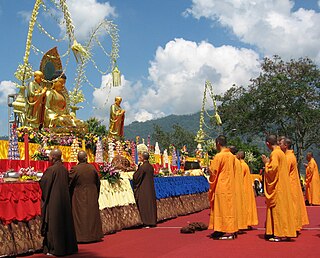
Vesak, also known as Buddha Jayanti, Buddha Purnima, Buddha Day, is a holiday traditionally observed by Buddhists in South Asia and Southeast Asia, as well as Tibet and Mongolia. It is the most important Buddhist festival. The festival commemorates the birth, enlightenment (Nibbāna), and passing (Parinirvāna) of Gautama Buddha in Theravada, Tibetan Buddhism and Navayana.
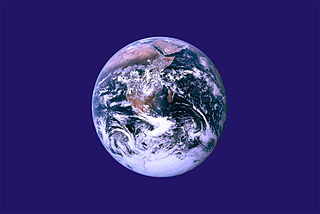
Earth Day is an annual event on April 22 to demonstrate support for environmental protection. First held on April 22, 1970, it now includes a wide range of events coordinated globally by EARTHDAY.ORG including 1 billion people in more than 193 countries. The official theme for 2023 is Invest In Our Planet.
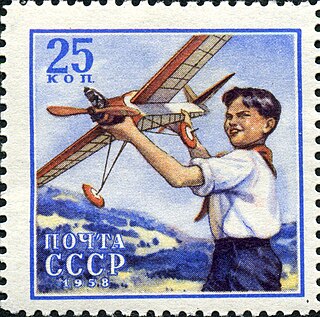
Children's Day is a commemorative date celebrated annually in honor of children, whose date of observance varies by country. In 1925, International Children's Day was first proclaimed in Geneva during the World Conference on Child Welfare. Since 1950, it is celebrated on June 1 in many countries. World Children's Day is celebrated on 20 November to commemorate the Declaration of the Rights of the Child by the UN General Assembly on 20 November 1959. In some countries, it is Children's Week and not Children's Day. The Sikhs celebrate Children Day on 20 December to 27 December. In the U.S., Children's Day is celebrated on the second Sunday of June.
The Earth Charter is an international declaration of fundamental values and principles considered useful by its supporters for building a just, sustainable, and peaceful global society in the 21st century. Created by a global consultation process, and endorsed by organizations representing millions of people, the Charter "seeks to inspire in all peoples a sense of global interdependence and shared responsibility for the well-being of the human family, the greater community of life, and future generations." It calls upon humanity to help create a global partnership at a critical juncture in history. The Earth Charter's ethical vision proposes that environmental protection, human rights, equitable human development, and peace are interdependent and indivisible. The Charter attempts to provide a new framework for thinking about and addressing these issues. The Earth Charter Initiative organization exists to promote the Charter.

International Mother Language Day is a worldwide annual observance held on 21 February to promote awareness of linguistic and cultural diversity and to promote multilingualism. First announced by UNESCO on 17 November 1999, it was formally recognized by the United Nations General Assembly with the adoption of UN resolution 56/262 in 2002. Mother Language Day is part of a broader initiative "to promote the preservation and protection of all languages used by peoples of the world" as adopted by the UN General Assembly on 16 May 2007 in UN resolution 61/266, which also established 2008 as the International Year of Languages. The idea to celebrate International Mother Language Day was the initiative of Bangladesh. In Bangladesh, 21 February (1952) is the anniversary of the day when the Bengalis i.e. Pakistani Bengali Muslims of the Pakistani province of East Bengal fought for recognition of their Bengali language. It is also observed by the Indian Bengalis of the Indian states of West Bengal, Assam, Jharkhand and Tripura.

World Book Day, also known as World Book and Copyright Day or International Day of the Book, is an annual event organized by the United Nations Educational, Scientific and Cultural Organization (UNESCO) to promote reading, publishing, and copyright. The first World Book Day was celebrated on 23 April in 1995, and continues to be recognized on that day. A related event in the United Kingdom and Ireland is observed in March. On the occasion of World Book and Copyright Day, UNESCO along with the advisory committee from the major sectors of the book industry, select the World Book Capital for one year. Each designated World Book Capital City carries out a program of activities to celebrate and promote books and reading. In 2023 Accra, the capital of Ghana was designated as the World Book Capital.

The World Book Capital (WBC) is an initiative of UNESCO which recognises cities for promoting books and fostering reading for a year starting on April 23, World Book and Copyright Day. Cities designated as UNESCO World Book Capital carry out activities with the aim of encouraging a culture of reading in all ages and sharing UNESCO's values. The nomination does not provide a financial prize.

The International Day of Peace, also officially known as World Peace Day, is a United Nations-sanctioned holiday observed annually on 21 September. It is dedicated to world peace, and specifically the absence of war and violence, such as might be occasioned by a temporary ceasefire in a combat zone for humanitarian aid access. The day was first established in 1981 and first observed in September 1982 and is kept by many nations, political groups, military groups, and people.

Ekmeleddin Mehmet İhsanoğlu is a Turkish chemistry and science history professor, academician, diplomat and politician who was Secretary-General of the Organisation of Islamic Cooperation (OIC) from 2004 to 2014. He is also an author and editor of academic journals and advocate of intercultural dialogue.

Federico Mayor Zaragoza is a scientist, scholar, politician, diplomat, and poet from Spain. He served as the Director-General of the United Nations Educational, Scientific, and Cultural Organization (UNESCO) from 1987 to 1999. After his tenure as Director-General, he continued to participate in various peace-related organizations such as the Foundation for a Culture of Peace and the International Decade for the Promotion of a Culture of Peace and Non-Violence for the Children of the World, as a member of their honorary boards. Additionally, he serves as the honorary chairman of the Académie de la Paix.
Peace education is the process of acquiring values, knowledge, attitudes, skills, and behaviors to live in harmony with oneself, others, and the natural environment.
The UNESCO-Madanjeet Singh Prize for the Promotion of Tolerance and Non-Violence is a prize awarded every two years by UNESCO. It was inaugurated in 1996, following the 1995 United Nations Year for Tolerance and in connection with the 125th anniversary of the birth of Mohandas Gandhi, funded by a donation from Madanjeet Singh.

The World Heritage Convention, formally the Convention Concerning the Protection of the World Cultural and Natural Heritage, is an international treaty signed on 23 November 1972, which created the World Heritage Sites, with the primary goals of nature conservation and the preservation of cultural properties. The convention, a signed document of international agreement, guides the work of the World Heritage Committee. It was developed over a seven-year period (1965–1972).

The International Day for the Remembrance of the Slave Trade and its Abolition is an international day celebrated August 23 of each year, the day designated by UNESCO to memorialize the transatlantic slave trade.
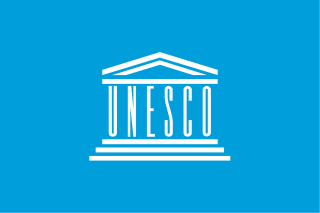
The United Nations Educational, Scientific and Cultural Organization (UNESCO) is a specialized agency of the United Nations (UN) aimed at promoting world peace and security through international cooperation in education, arts, sciences and culture. It has 194 member states and 12 associate members, as well as partners in the non-governmental, intergovernmental and private sector. Headquartered in Paris, France, UNESCO has 53 regional field offices and 199 national commissions that facilitate its global mandate.
World Radio Day is an international day celebrated on the 13th of February each year. The day was decided by UNESCO on November 3, 2011 during its 36th conference.
The United Nations General Assembly declared the year 2011 as International Year for People of African Descent. That year also marked the 10th anniversary of the World Conference Against Racism, which approved a resolution stating that slavery along with the colonization that sustained it were crimes against humanity.
The Declaration and Programme of Action on a Culture of Peace was adopted by the United Nations General Assembly on September 13, 1999. This occurred after ten months of negotiations in the context of preparations for the International Year for the Culture of Peace.
The IFFI ICFT UNSESCO Gandhi Medal is an international honor instituted since the 46th International Film Festival of India. The annual award is presented to an outstanding film which promotes peace and inter-cultural dialogue.
